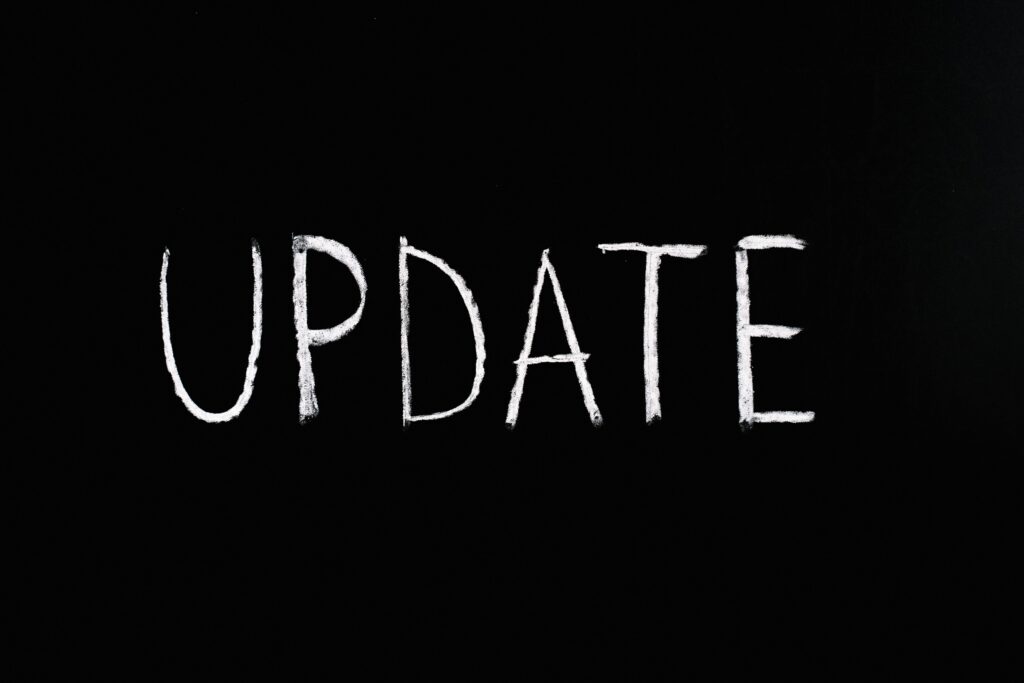Given a choice, most people will opt to do almost anything rather than talk about death and life for others after they are gone. However, estate planning is essential to ensure that your life and life’s work will be cared for correctly after you’ve passed, advises the article “Is Your Estate Plan Up to Date?” from NASDAQ.com. If you own any assets, have a family, loved ones, pets or belongings you’d like to give to certain people or organizations, you need an estate plan.
Estate planning is not a set-it-and-forget it process. Every few years, your estate plan needs to be reviewed to be sure the information is accurate. Big life changes, from birth and death to marriage and divorce—and everything in between—usually also indicate it’s time for an update. Changes in tax laws also require adjustments to an estate plan, and this is something your estate planning attorney will keep you apprised of.
Reviewing and updating an estate plan is a straightforward process, once your estate planning attorney has created an initial plan. Keeping it updated protects your wishes and your loved ones’ futures. Here are some things to keep in mind when reviewing your estate plan:
Have you moved? Changes in residence require an update, since estate laws vary by state. You also should keep your advisors, including estate planning attorney, financial advisor and tax professional, informed about any changes of residence. You’d be surprised how many people move and neglect to inform their professional advisors.
Changes in tax law. The last five years have seen big changes in tax laws. Estate plans created years ago may no longer work as originally intended.
Power of Attorney documents. A Power of Attorney authorizes a person to act on your behalf to make business, personal, legal and financial decisions. If this document is old, or no longer complies with your state’s laws, it may not be accepted by banks, investment companies, etc. If the person you designed as your POA decades ago can’t or won’t serve, you need to choose another person. If you need to revoke a power of attorney, speak with your estate planning attorney to do this effectively.
Health Care Power of Attorney and HIPAA Releases. Laws concerning who may speak with treating physicians and health care providers have become increasingly restrictive. Even spouses do not have automatic rights when it comes to health care. You’ll also want to put your wishes about being resuscitated or placed on artificial life support in writing.
Do you have an updated last will and testament? Review all the details, from executor to guardian named for minor children, the allocation of assets and your estate tax costs.
What about a trust? If you have minor children, you need to ensure their financial future with a trust. Your estate planning attorney will know which type of trust is best for your situation.
A regular check-up for your estate plan helps avoid unnecessary expenses, delays and costs for your loved ones. Don’t delay taking care of this very important matter. You can then return to selecting a color for the nursery or planning your next exciting adventure. However, do this first.
Reference: NASDAQ.com (July 28, 2021) “Is Your Estate Plan Up to Date?”
Suggested Key Terms: Estate Planning Attorney, Minor Children, Guardian, Last Will and Testament, Executor, Power of Attorney, Health Care, POA, Assets, Trust, HIPAA Release

